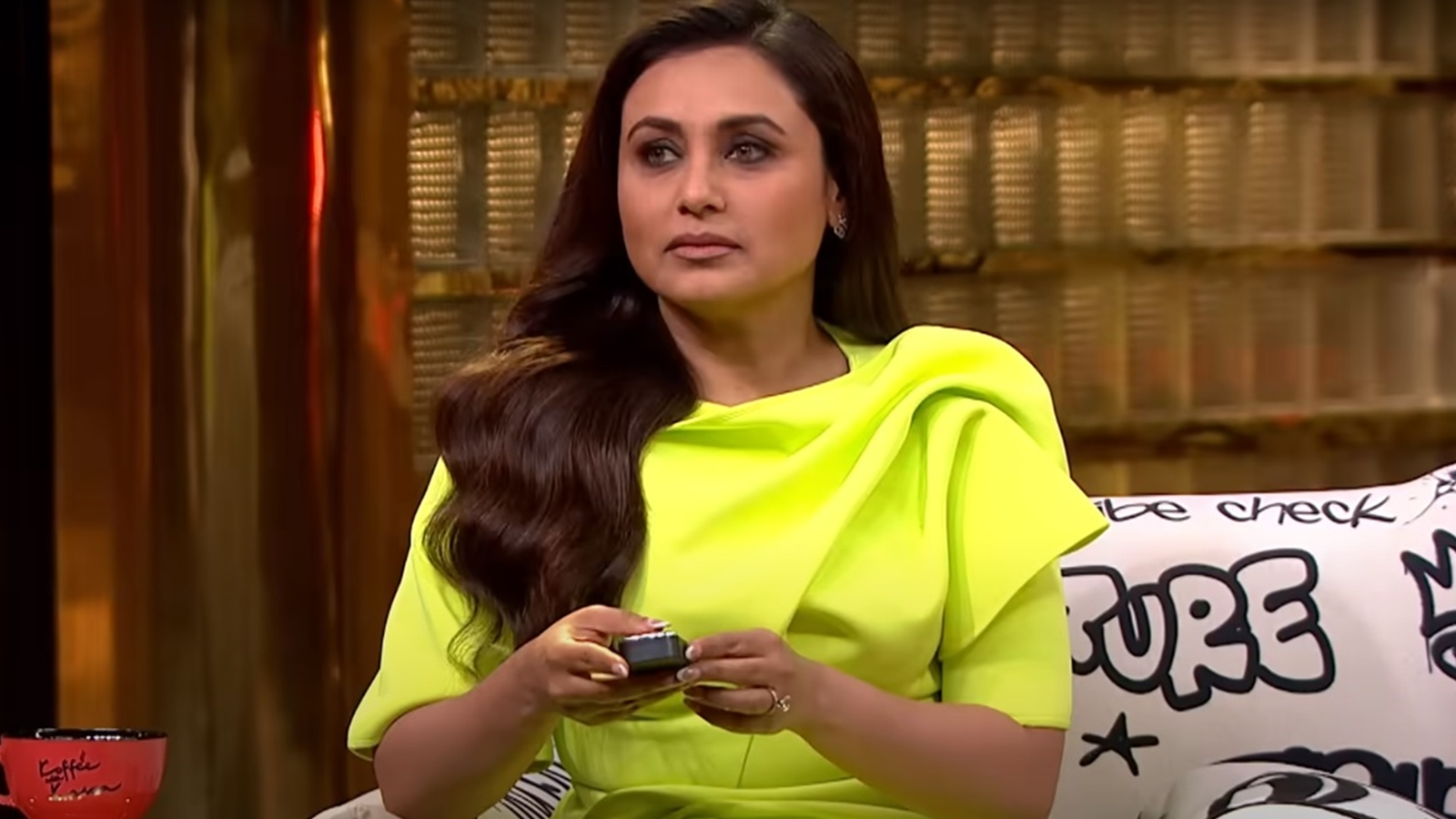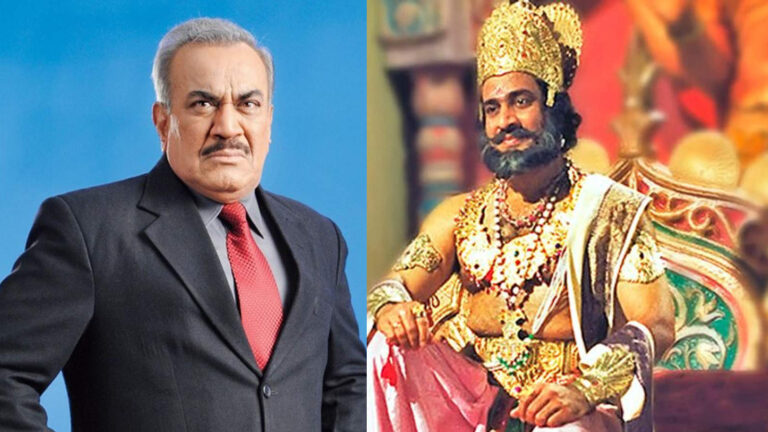Rani Mukerji: The Queen of Bollywood’s Golden Era
Rani Mukerji is one of the most accomplished and versatile actresses in Indian cinema. Known for her mesmerizing screen presence, impeccable acting skills, and ability to portray a wide range of characters, Rani has carved a niche for herself as a true performer. With a career spanning over two decades, she has been a vital part of Bollywood’s evolution, delivering some of the most memorable performances in Hindi cinema.
This article delves into Rani Mukerji’s inspiring journey, her iconic roles, and her enduring influence on Bollywood.
Rani Mukerji Early Life and Background
Born to a Filmmaking Legacy
Rani Mukerji was born on March 21, 1978, in Mumbai, Maharashtra, into a family deeply rooted in the film industry. Her father, Ram Mukherjee, was a filmmaker, and her mother, Krishna Mukherjee, was a playback singer. Her brother, Raja Mukherjee, also ventured into direction and production. Growing up in a creative environment, Rani was naturally drawn to acting, though she initially had no aspirations to join Bollywood.
Education and Early Interests
Rani completed her schooling at Maneckji Cooper High School in Juhu and pursued her graduation in Home Science from SNDT Women’s University. While she enjoyed acting in school plays, she was more focused on academics and dance, particularly Odissi, which she trained in during her teenage years.
Rani Mukerji Entry into Bollywood
Debut with Raja Ki Aayegi Baraat (1997)
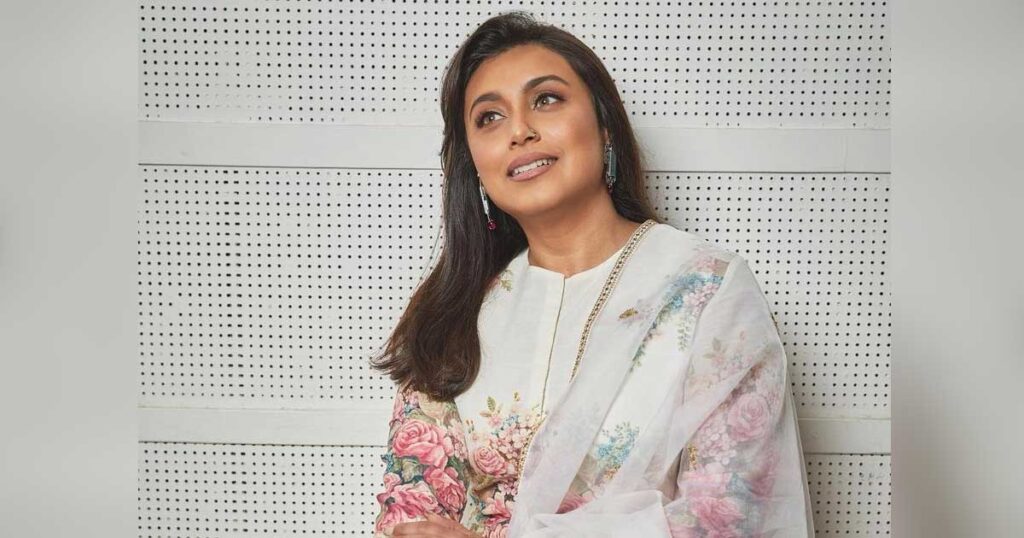
Rani Mukerji made her acting debut with Raja Ki Aayegi Baraat, where she played a rape survivor who battles societal odds. While the film was not a commercial success, her performance received critical acclaim, earning her the Special Jury Trophy at the Screen Awards. This role showcased her potential and marked the beginning of her illustrious career.
Breakthrough and Stardom
Kuch Kuch Hota Hai (1998)
Rani’s breakthrough came with Karan Johar’s Kuch Kuch Hota Hai, where she played Tina, a charming and modern college girl. Starring alongside Shah Rukh Khan and Kajol, her performance earned her the Filmfare Award for Best Supporting Actress. The film’s success catapulted Rani into stardom, making her one of Bollywood’s most sought-after actresses.
Establishing Herself as a Leading Lady
Following the success of Kuch Kuch Hota Hai, Rani starred in a string of commercially successful films, including:
- Hello Brother (1999)
- Har Dil Jo Pyar Karega (2000)
- Chori Chori Chupke Chupke (2001)
While these roles solidified her position in the industry, it was her ability to take on complex characters that truly set her apart.
Iconic Performances
Saathiya (2002)
Rani’s portrayal of Suhani in Saathiya marked a turning point in her career. Directed by Shaad Ali and produced by Mani Ratnam, the film explored the challenges of a modern marriage. Rani’s nuanced performance as a headstrong yet vulnerable wife earned her critical acclaim and several Best Actress nominations.
Black (2005)
Rani’s role as Michelle McNally, a visually and hearing-impaired woman in Sanjay Leela Bhansali’s Black, remains one of her most celebrated performances. The film’s narrative, inspired by Helen Keller’s life, showcased Rani’s dedication and versatility as an actor. She won multiple awards, including the Filmfare Best Actress Award and the Critics Award for Best Actress.
Hum Tum (2004)
In Hum Tum, Rani starred opposite Saif Ali Khan in a romantic comedy that explored the evolving relationship between two polar opposites. Her performance as Rhea, a strong and independent woman navigating love and loss, earned her the Filmfare Award for Best Actress.
Rani Mukerji Versatility Across Genres
Drama and Emotional Depth
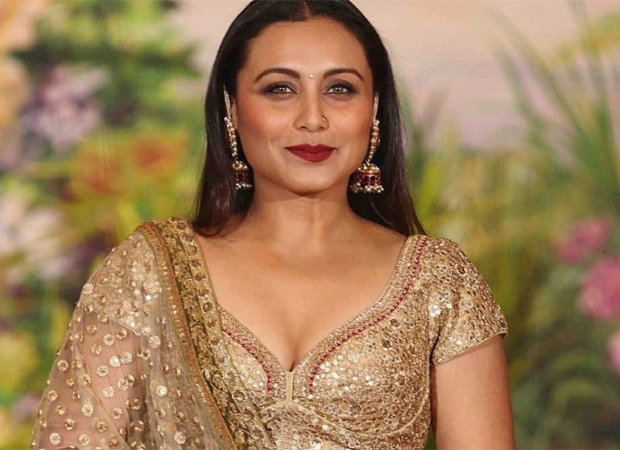
Rani excelled in dramatic roles that required emotional depth, as seen in films like Yuva (2004) and Kabhi Alvida Naa Kehna (2006). Her ability to convey complex emotions with subtlety and authenticity made her a standout performer.
Comedy and Romance
Rani’s flair for comedy and romance shone in films like Bunty Aur Babli (2005), where she played a con artist alongside Abhishek Bachchan. The film’s success highlighted her ability to balance lighthearted roles with gravitas.
Challenges and Resilience
Navigating a Competitive Industry
Rani Mukerji faced stiff competition from her contemporaries, including Aishwarya Rai and Kajol. However, her dedication to her craft and consistent performances allowed her to carve her own identity in the industry.
Experiencing Career Fluctuations
Like many actors, Rani experienced phases of box-office failures. Films like Dil Bole Hadippa! (2009) and Laaga Chunari Mein Daag (2007) didn’t perform well commercially, but she remained undeterred, focusing on evolving her craft.
Comeback with Strong Female-Centric Roles
No One Killed Jessica (2011)
Rani made a remarkable comeback with No One Killed Jessica, a film based on the true story of Jessica Lal’s murder case. Playing a fearless journalist determined to seek justice, Rani delivered a powerful performance that resonated with audiences.
Mardaani Series
In Mardaani (2014) and its sequel, Mardaani 2 (2019), Rani portrayed Shivani Shivaji Roy, a gritty and fearless police officer fighting against human trafficking and gender-based violence. These films highlighted her commitment to portraying strong, socially relevant characters.
Personal Life
Marriage and Family
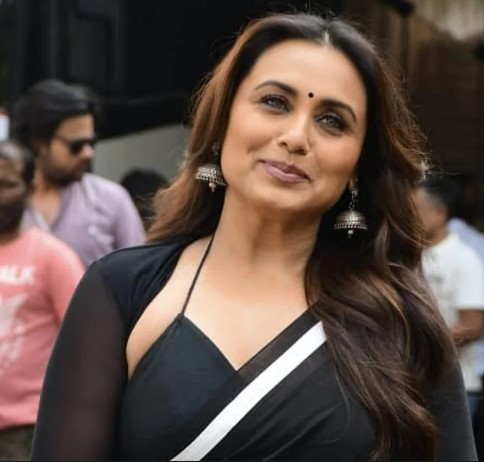
Rani Mukerji married filmmaker Aditya Chopra in a private ceremony in 2014. The couple welcomed their daughter, Adira, in 2015. Despite being notoriously private about her personal life, Rani often shares insights into her experiences as a mother and wife during interviews.
Philanthropy and Advocacy
Rani has been actively involved in social causes, particularly those focused on women’s empowerment and child welfare. Her roles in films like Mardaani reflect her commitment to addressing societal issues through her work.
Legacy and Influence
A Role Model for Aspiring Actors
Rani Mukerji’s journey from a hesitant debutante to one of Bollywood’s finest actors serves as an inspiration for aspiring performers. Her ability to tackle challenging roles and adapt to changing times underscores her enduring appeal.
Celebrating Diversity in Cinema
Rani’s filmography reflects her willingness to experiment with diverse genres and characters. From romantic comedies to hard-hitting dramas, she has consistently pushed boundaries, paving the way for more nuanced storytelling in Bollywood.
Awards and Recognitions
Honoring Excellence
Over her career, Rani Mukerji has won numerous awards, including seven Filmfare Awards. She has also been recognized for her contributions to Indian cinema with accolades like the IIFA Award and Zee Cine Award.
Global Recognition
Rani’s performances have garnered international acclaim, with films like Black being showcased at prestigious festivals. Her work continues to resonate with audiences worldwide, cementing her status as a global icon.
Current Projects and Future Endeavors
Returning to Challenging Roles
Rani Mukerji continues to explore meaningful projects, balancing her personal and professional life. Her recent films, including Hichki (2018), where she played a teacher with Tourette syndrome, showcase her commitment to impactful storytelling.
Exploring Digital Platforms
With the rise of OTT platforms, Rani has expressed interest in exploring web series and digital films, further expanding her creative horizons.
Conclusion: Rani Mukerji’s Timeless Appeal
Rani Mukerji’s journey in Bollywood is a testament to her talent, resilience, and passion for acting. From playing iconic characters to addressing social issues through her films, she has consistently demonstrated her ability to entertain, inspire, and challenge norms.
As she continues to evolve as an artist, Rani Mukerji remains a shining example of versatility and dedication, ensuring her legacy as one of Indian cinema’s finest actors.
